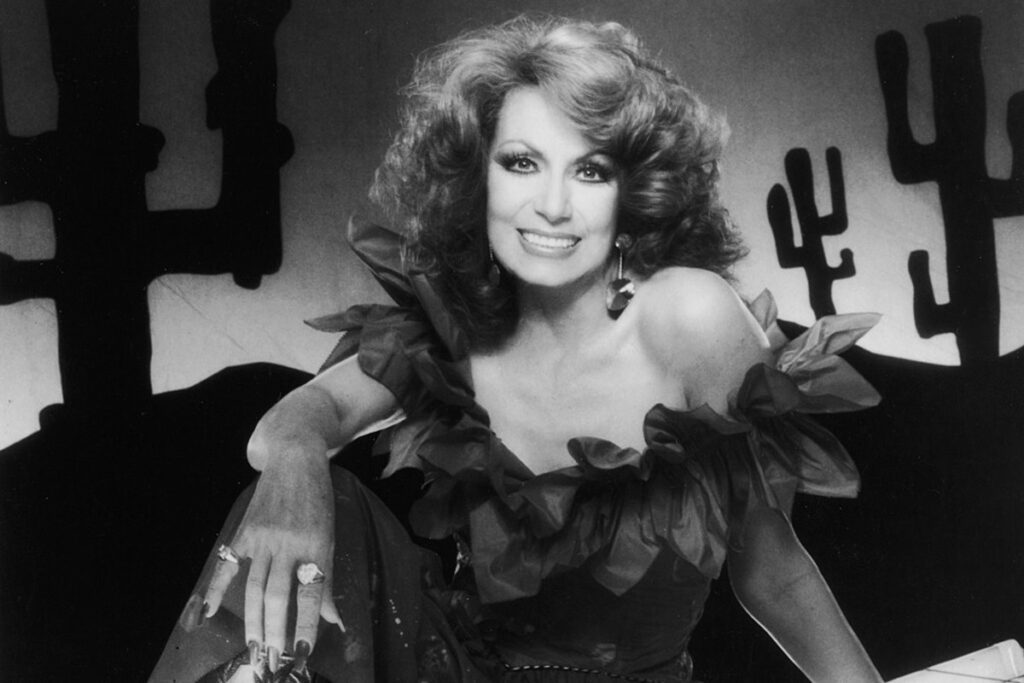
A Radiant Ode to Sacrifice and Love, Bathed in the Golden Light of Home
Released in 1973, “Country Sunshine” by Dottie West emerged as a poignant blend of commercial success and artistic sincerity. Originally written for a Coca-Cola commercial, the song resonated so deeply with listeners that it was reworked into a full-length single. It soared to No. 2 on Billboard’s Hot Country Singles chart and crossed over into the mainstream, peaking at No. 49 on the Billboard Hot 100—a rare feat for a country tune of its time. The track later anchored West’s 1973 album of the same name, Country Sunshine, further cementing its place in the canon of classic country music.
The story behind “Country Sunshine” is as American as a two-lane road winding through amber fields at dusk. Co-written by Dottie West and Billy Davis—her collaborator and an advertising executive—the song was originally conceived not for the airwaves but for the airwaves’ commercials. Its initial role as a jingle belies the depth of emotion it would come to embody. What began as a melody designed to evoke warmth and familiarity in a soft drink ad matured into a profound reflection on personal sacrifice, rural identity, and the unyielding pull of home.
Lyrically, the song walks a tender line between devotion and independence. “I love you, please believe me / I wouldn’t want you to ever leave me,” West sings with aching clarity, her voice imbued with both vulnerability and resolve. But then comes the refrain that defines the heart of the song: “But I’m gonna miss your loving / When I’m gone.” It’s an anthem not just for women but for anyone who has ever stood at the crossroads of love and selfhood. The protagonist chooses her roots—her country sunshine—not out of rebellion, but out of reverence for what shaped her.
Musically, “Country Sunshine” is deceptively simple yet richly evocative. The arrangement is built around gentle acoustic strums and understated orchestration that allows West’s crystalline soprano to shine without adornment. This minimalist backdrop becomes the canvas upon which she paints her internal landscape—a life not defined by opulence or city lights, but by authenticity, cornfields, front porches, and love that doesn’t ask her to change.
Perhaps what makes this song endure is its defiant gentleness. In an era when women were increasingly asserting autonomy both personally and artistically, Dottie West offered a vision of independence that didn’t require abandoning tenderness or tradition. “Country Sunshine” radiates with warmth, yes—but also with strength. It remains one of West’s signature achievements, embodying her pioneering spirit within country music: part Nashville belle, part feminist trailblazer.
In the golden grain of its melody and message lies something eternal—a reminder that sometimes staying true to where you’re from is the most radical form of love there is.